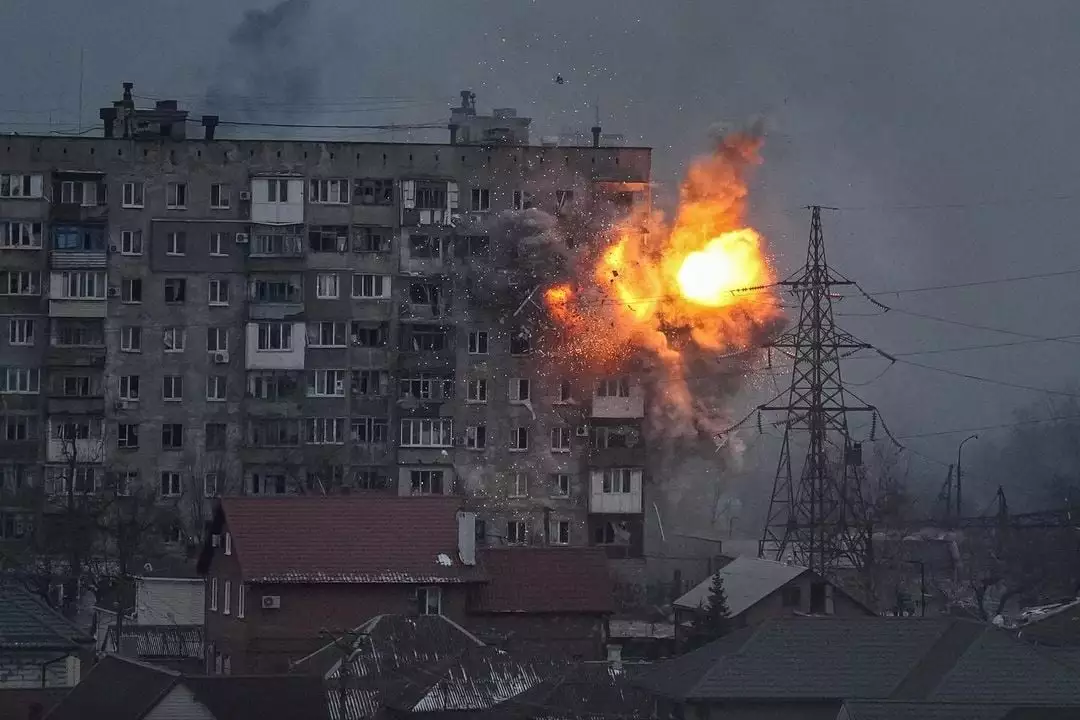Survey: Hungarians oppose no-fly zone over Ukraine

Fully 78 percent of Hungarians oppose the idea of introducing a no-fly zone in Ukrainian airspace enforced by NATO because they believe this would lead to a world war, a recent survey released by the Századvég Foundation on Friday shows.
The survey based on phone interviews with 1,000 people showed that only 14 percent of Hungarians said Hungary should support such a proposal, Századvég said.
Meanwhile, fully 5,824 people crossed into Hungary directly from Ukraine on Thursday, while another 6,411 who crossed from Romania said they had come from Ukraine, the national police headquarters said.
Police issued temporary residence permits valid for 30 days to 1,848 people, the police website said on Friday. Holders of such permits must contact a local immigration office near their place of residence within 30 days to apply for permanent documents, it added.
Budapest police received 1,392 refugees, 582 children among them, on Thursday, according to the Budapest police website.
Refugees arriving on special train services at Kobanya felso railway station, in eastern Budapest, were taken by bus to the BOK sports and events centre serving as a humanitarian transit point.
The authorities transported 78 people, including 47 children, to accommodation in the capital and outlying areas.
The police have contracted 31 Ukrainian interpreters,
and they are working closely with staff of the disaster management authority, the immigration office, the Budapest metropolitan council, as well as numerous aid groups, the statement said.
Hungary’s disaster relief agency has helped 167 refugees, including 107 children and 41 women, fleeing from war-torn Ukraine to find accommodation in the past 24 hours, according to statement by the authority on Friday.
The refugees have been transported from six collection points to seventeen reception centres, the statement said, adding that Hungary still enough capacity to accommodate refugees.
Also, the operative board in charge of war relief has started operating in Jász-Nagykun-Szolnok County, in central-eastern Hungary, helping with the processing and accommodation of refugees in twelve counties nationwide.
Source: MTI


